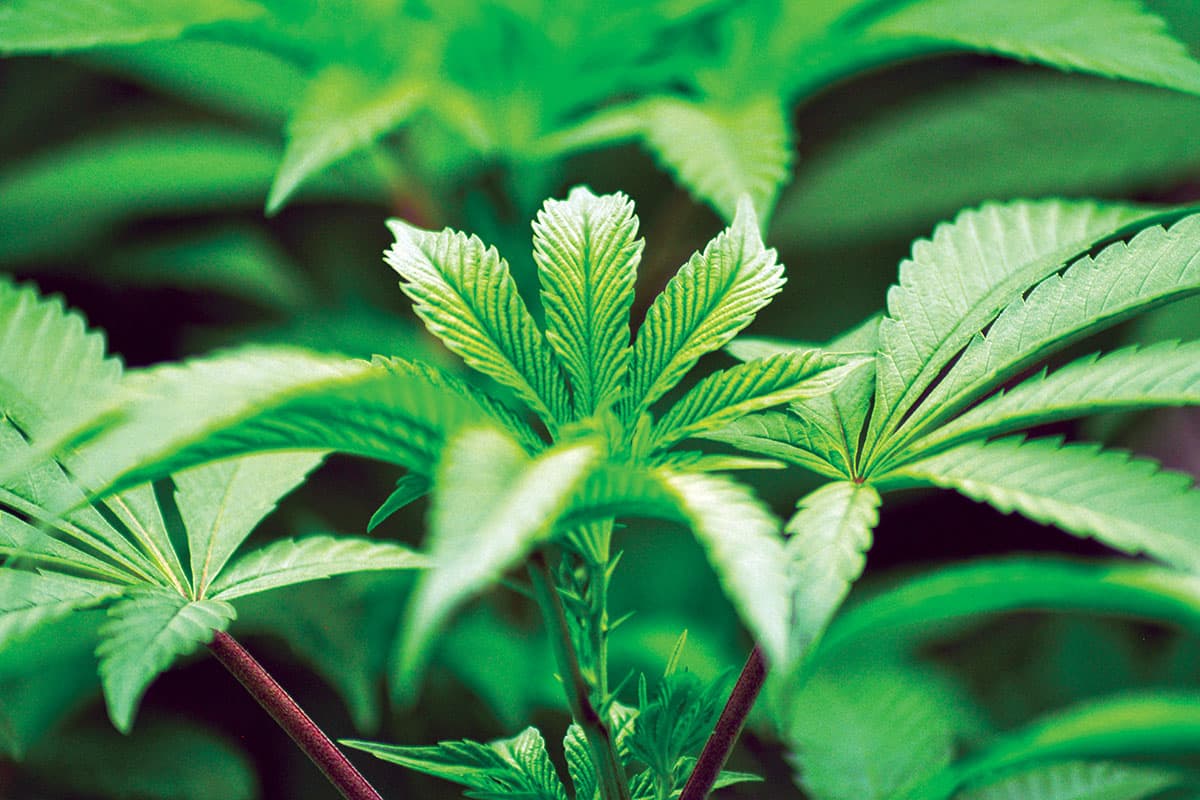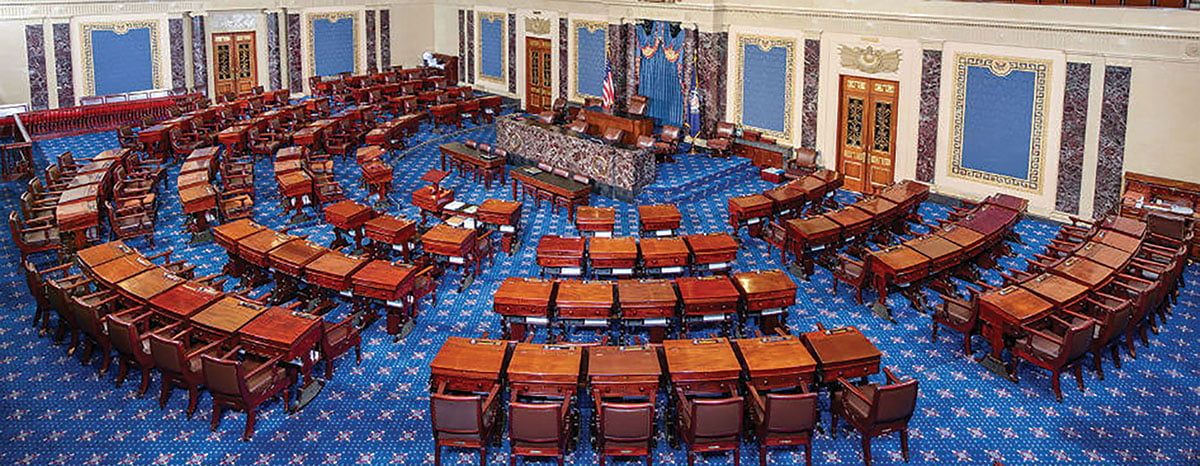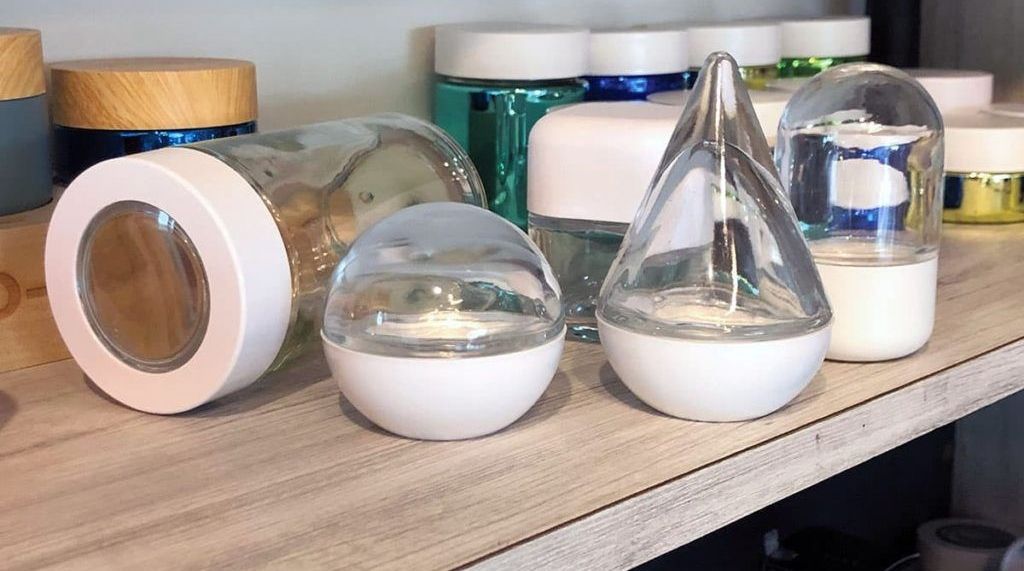Company: Wyld | Location: Portland, Oregon | Sector: Edibles
Launched in 2016 by the founders of a craft distillery, Portland edibles maker Wyld has clawed its way to the top of Headset’s sales rankings, leading older rivals such as Kiva Confections in California and Wana Brands in Colorado.
Next year, Wyld hopes to break into Arizona, Massachusetts, Michigan and Washington state.
Offering quality products that people like is the No. 1 reason behind Wyld’s rise, said co-founder Rene Kaza. Also essential in getting Wyld on store shelves: mining customer feedback and investing in the company’s own distribution network to build strong relationships with retailers.
“Relationships are big for us. We don’t spend a ton of money on marketing,” Kaza said. It’s more effective “for us to be able to connect with the people that are selling our products.”
Build your own distribution system
Creating its own distribution gives Wyld control over interactions with retail personnel such as purchasing managers and budtenders. Both positions help determine what products get on store shelves and how well they sell.
The do-it-yourself approach minimizes the risk a distributor will annoy or anger a retailer by delivering the wrong product, delivering late or behaving unprofessionally.
“We’re not using some third-party distributor who can maybe sour a relationship,” Kaza said. “The unknown is a scary thing in any capacity. … One bad experience with somebody can potentially ruin a relationship for good. We’re risk averse in that sense. And I wouldn’t want to put somebody out there that we don’t have our stamp of approval on.”
At the same time, in-house distrubution staff are more likely to have product expertise and take the time to educate retail employees about those products.
Wyld’s approach to moving its products through retailers could be boiled down to hook and educate: Hook customers with attention-grabbing packaging and then get them to direct questions to budtenders who have been educated about the products by Wyld’s distribution and sales staff.
“It starts with our packaging,” Kaza said, pointing to a pyramid-shaped box emblazoned with distinctive antlers. He explained that good packaging should prompt enough curiosity for a customer to ask their budtender about it.
“And if the vendor knows about it, they can give them a little bit more information to actually shape this person’s decision versus them buying any old, run-of-the-mill product. When you’ve got 30 different brands that all look the same, having something that differentiates yourself is always going to be important.”
Use customer-purchase data and feedback to pick popular products
Wyld data analysts and sales staff, meanwhile, relay information to executives about what products are moving and what customers are asking for. In turn, that information helps Wyld decide what types of products to launch.
“It’s using boots on the ground and the information they provide to make decisions,” Kaza said.
For example, products with the cannabinoid CBN are “really big now,” Kaza said, so Wyld is getting ready to launch CBN-infused products, including elderberry CBN gummies in California, Nevada and Oregon.
“That’s something that the market is actually asking for, and you’re seeing it in data,” Kaza said. “A lot of people talk about what consumers want, but is there really anything backing that?”
Rather than loading the market with as many products as possible, Wyld has found success with a smaller number of SKUs. The company has only six gummy SKUs in California, for example, but expect to see Wyld in a growing number of markets.





